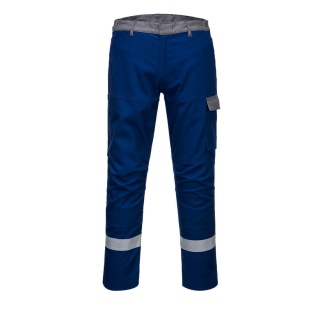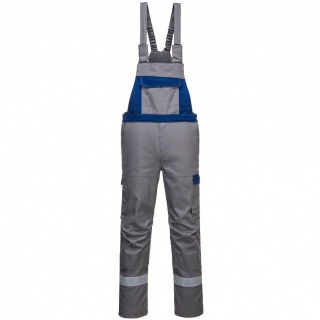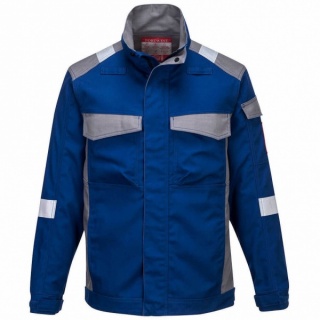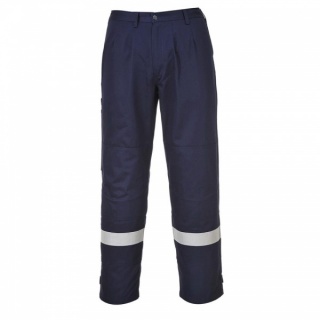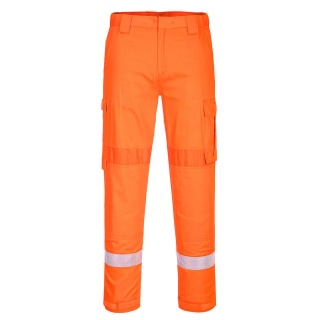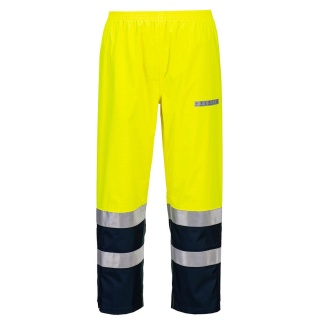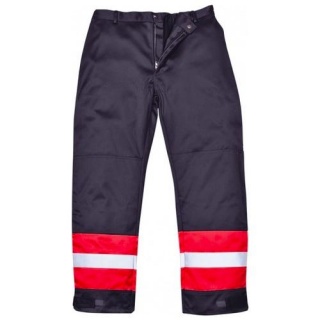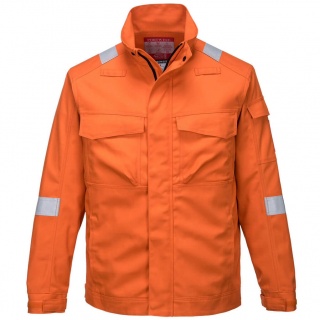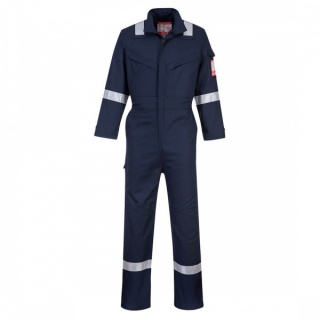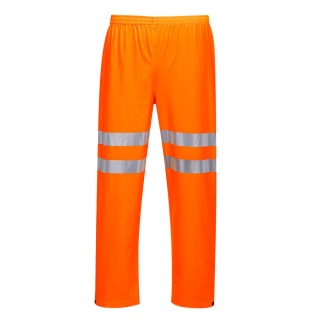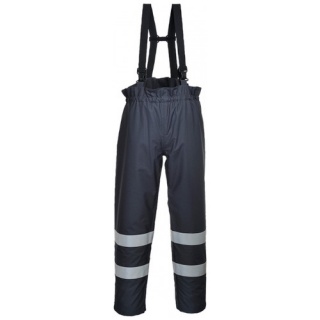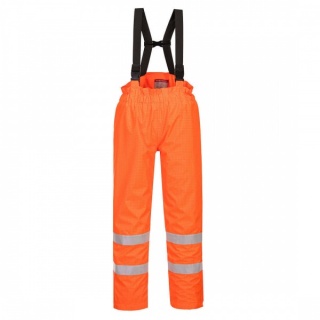Verified Customer Reviews From Across the Site
Rating:
23 December 2024 | Darius
Recently I just completely destroyed my T184 polo at work so I got myself two of them from BK Safetywear.These polos are very comfy,great for visibility and fit nicely.
Rating:
13 August 2024 | Linda
Good product and logo on back looked great - quick delivery - very pleased.
Rating:
13 August 2024 | Linda
Good product and logo on back looked great - quick delivery - very pleased.
Rating:
12 August 2024 | Nicole
Good quality and very comfortable work boots I would definitely recommend
06 August 2024 | Anthony
these are great. fit perfectly and very robust. my previous pair were virtually indestructible.
Customers Also Showed Interest In
